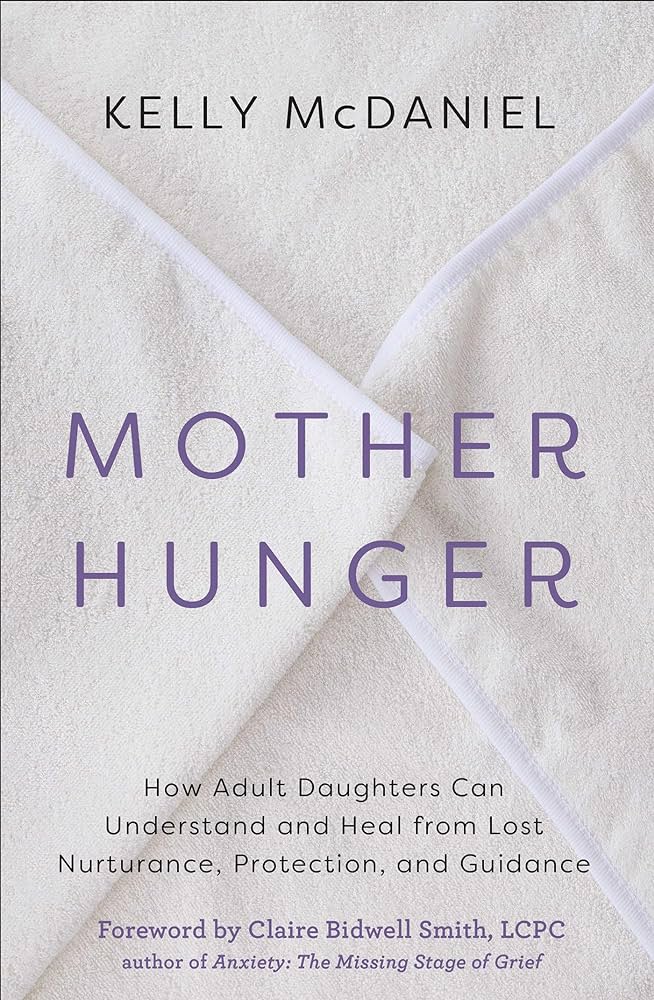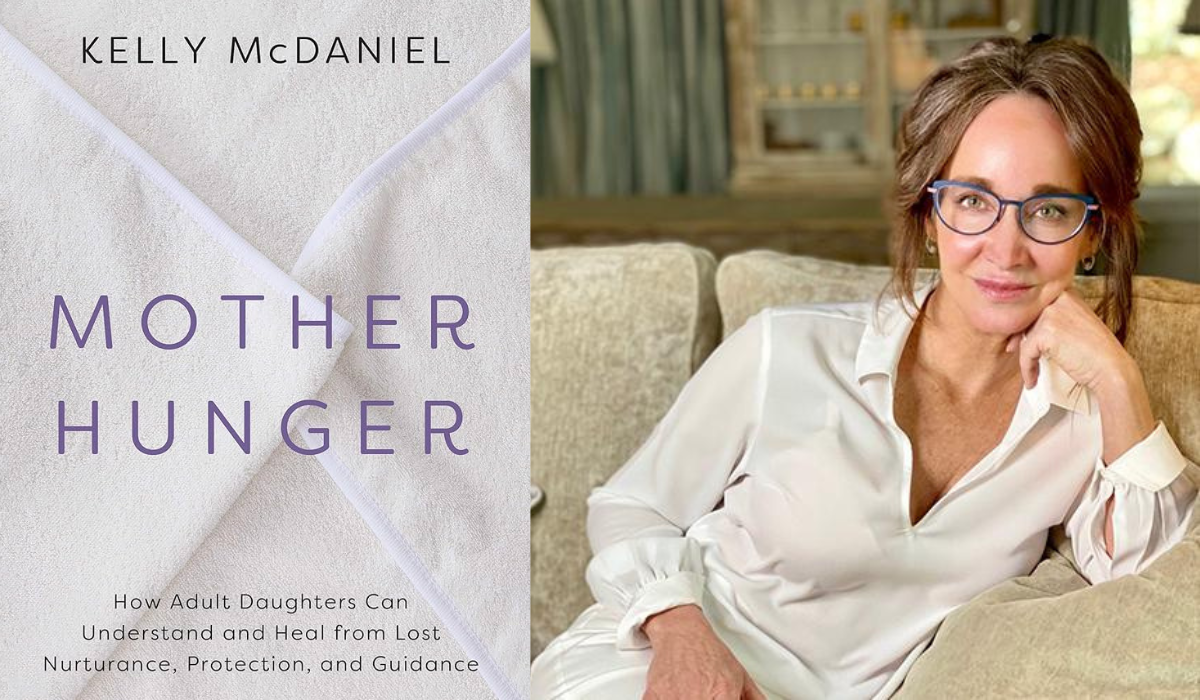Were You Under Mothered? How to Tell, and What to Do About It
In her beautifully written memoir, Our Lady of Perpetual Hunger, Lisa Donovan writes:
"We carry one another’s pain so deeply, the women in my family. It is like an extra organ, a broken chamber of our hearts that none of us knows how to make work, blocking the normal things that other people’s hearts do."
Donovan captures the heartbreak, the “broken chamber,” that some daughters inherit from their mothers. While I was writing my book, Mother Hunger, Donovan’s words were medicine for my soul, an acknowledgment of the legacy of ancestral heartbreak. It is a topic that is hard to speak about, write about, or know about.
Over the course of two years, I almost stopped writing the Mother Hunger book—partly because I’m frequently reminded how much folks don’t want to know about this issue, but mostly because it’s just plain hard. Routinely, I asked myself, Why do this? I kept writing for a primary reason: this is the book I wish I had as a young woman. But equally compelling, this book is my way of reaching those of you that I won’t have the capacity and honor to sit with in my office.
Born to a dynamic line of women who raised children the best they could, I come from a painful background like many of you.
I didn’t fully comprehend the concept of Mother Hunger until well into my own motherhood journey and career path. With hindsight and clinical perspective, I don’t think having more information could have helped me while in my mother’s care; like many of you, I was too busy trying to be a good daughter. I was busy surviving.
Fortunately, early in my 20s, I stumbled into women’s studies courses where I found relevant, eye-opening guidance that gave me ingredients for what would eventually become a name for something unspeakable ~ Mother Hunger. Fast forward 20 years to the publication of my first book, Ready to Heal (2008;2012), where I name Mother Hunger and identify it as the root of addictive love.
Doing so struck a nerve. My practice filled with women who felt seen for the first time. Women who wanted to know more. Women who were hungry to understand this invisible heartbreak.
Since then, I’ve been helping women understand and heal the heartache that emerges from poor early attachment. Mother Hunger: How Adult Daughters Can Understand and Heal from Lost Nurturance, Protection, and Guidance is a collection of wisdom gleaned from the past three decades of research, practice, and learning. It’s a letter from me to you—from one daughter to another—about the legacy of living with a heartbreak that is part biological, part psychological, part cultural, and part spiritual.
In spite of diverse stories, what I’ve found is that each woman with Mother Hunger yearns for the same thing: a certain quality of love—a nurturing, safe, inspiring love—the kind of love we think of as maternal love. It is the love that we need for a firm start in life. It is an unconditional love that no romantic relationship, friendship, or birthday cake can replace.
Many feel this singular love can also be offered by fathers. While it’s clear that daughters raised by attentive, nurturing fathers have many advantages, fathers can’t replace mothers. Naming Mother Hunger isn’t about dismissing the importance of fathers or other primary caregivers. Nor is it about blaming mothers for what they couldn’t provide. Mother Hunger is a framework to help you identify what the essential elements of maternal care are so you can recognize what you lost and reclaim what you need.
Mother Hunger comes in different forms, some more severe than others, so healing looks different for everyone. Some of you no longer have a living mother, so your path will be different from those who do. Some of you have mothers with mental illness, so you may have been forced to severe ties with a living mother. Whether your mother is alive or not, healing Mother Hunger involves replacing what was lost during your formative years.
Not all the ideas in this book will fit your experience as a daughter. But somewhere in these chapters, you may find the right words for the pain that haunts you. When you do, fresh clarity directs your innate healing process.
While your recovery path is unique, there are some common signs of healing that you can look forward to: increased emotional security, an easier time making decisions, less anxiety, and an understanding of your attachment style. You will find compassion for the choices you have made (even the ones you most regret), and it will become easier to select friends and partners who are kind and respectful. If you have children, loving them becomes easier too.
Mother Hunger is not uncommon. But without a name, it hides in secrecy and shame. Giving yourself permission to learn and talk about this relational injury is radical. It is a brave step toward reclaiming the love you need.

This is an excerpt from the book Mother Hunger: How Adult Daughters Can Understand and Heal from Lost Nurturance, Protection and Guidance by Kelly McDaniel, LCMHC. Mother Hunger is a framework to help you identify what the essential elements of maternal care are so you can recognize what you lost and reclaim what you need. Since Mother Hunger published in 2021, McDaniel's work has reached millions of women who suffer from a life-long emotional burden that adversely affects self-worth, eating patterns, and relational wellness.




